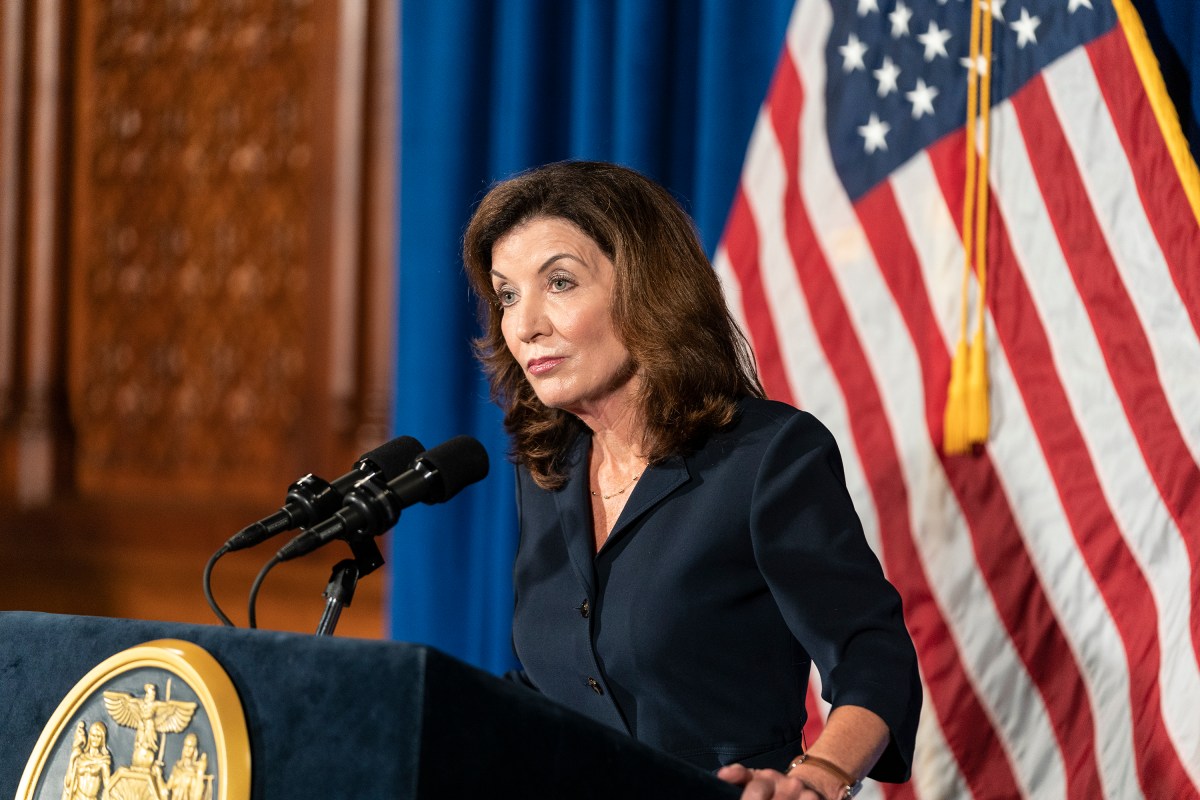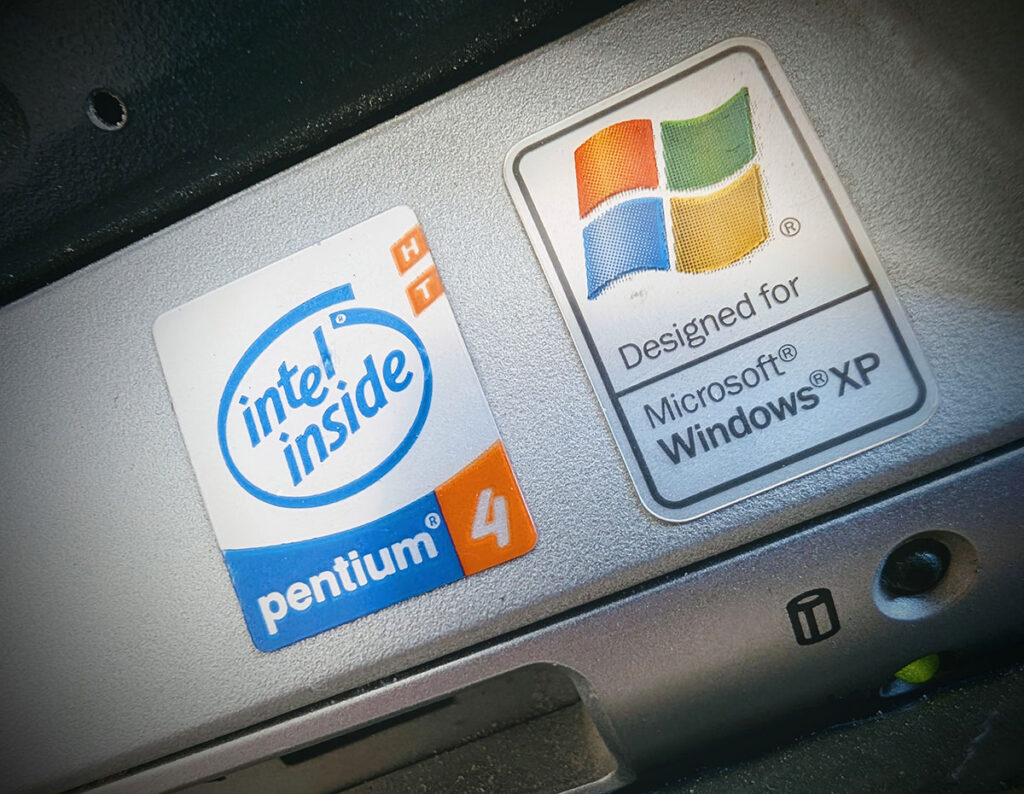
In a significant move to address the growing concerns around the development and deployment of advanced artificial intelligence (AI), New York State has unveiled a new AI safety bill designed to regulate so-called ‘frontier’ AI models. These are highly advanced AI systems that exhibit complex reasoning, general intelligence capabilities, or pose potential safety risks if left unchecked.
Frontier AI models are typically developed by leading tech firms such as OpenAI, Google DeepMind, and Anthropic. These models are at the cutting edge of AI research and development, capable of performing tasks previously limited to human intelligence. However, their increasing sophistication has raised alarms among policymakers, ethicists, and researchers who fear unintended consequences, misuse, and lack of accountability.
The newly proposed legislation seeks to establish a legal and regulatory framework tailored to these issues. While full details of the bill have yet to be disclosed, sources indicate that it will likely include provisions such as:
– Mandatory safety evaluations for large-scale AI systems before public release.
– Transparency requirements around training data, model capabilities, and intended use cases.
– Oversight mechanisms to monitor ongoing usage and unforeseen consequences.
– Coordination with federal and industry-led AI safety initiatives.
The move comes amid a broader global effort to ensure that AI technologies are developed and deployed responsibly. The European Union recently passed the AI Act, which categorizes AI tools based on risk levels and implements stringent rules for high-risk systems. Similarly, the White House has issued executive orders and drafted voluntary safety guidelines for AI developers.
New York’s legislation is notable for being among the first state-level efforts in the United States focused on highly advanced AI systems. As New York is home to a burgeoning tech sector and numerous academic institutions deeply involved in AI research, the state sees itself as a natural leader in creating responsible AI policy in coordination with the private sector and civil society.
The bill is expected to go through several rounds of debate and amendment before coming to a vote. Proponents argue that it is a necessary step toward ensuring public safety and ecological balance in the AI era. Critics, however, caution that overly stringent rules may stifle innovation or push research and development to less regulated jurisdictions.
Regardless of its final form, the introduction of the AI safety bill signals a growing recognition among lawmakers that advanced AI technologies require proactive governance. As frontier models become more widespread and capable, regulators at all levels will likely face increasing pressure to strike the right balance between innovation and safety.
Source: https:// – Courtesy of the original publisher.








